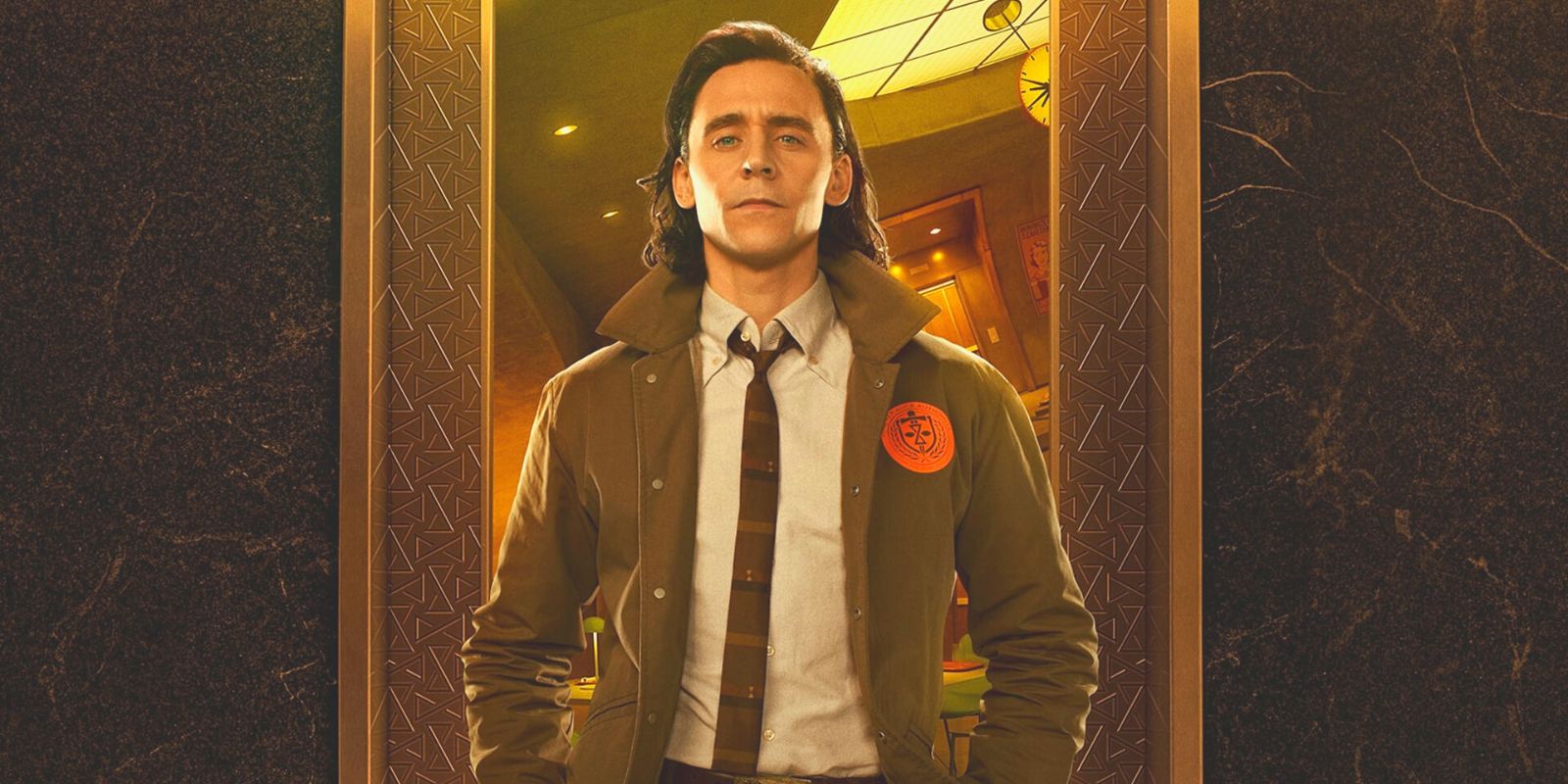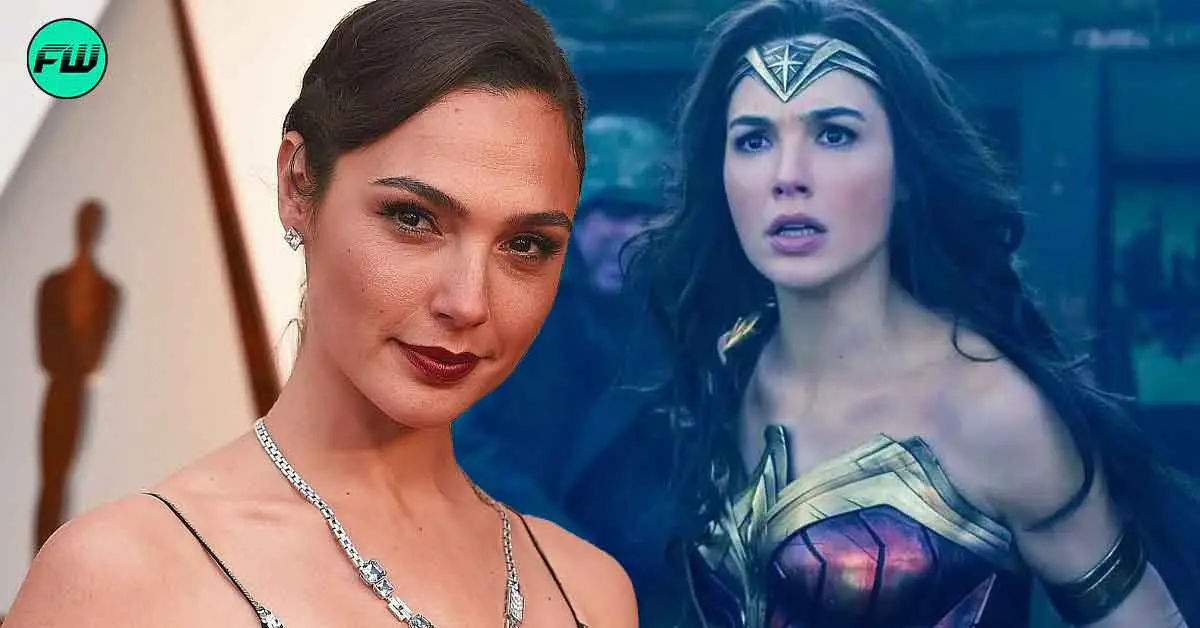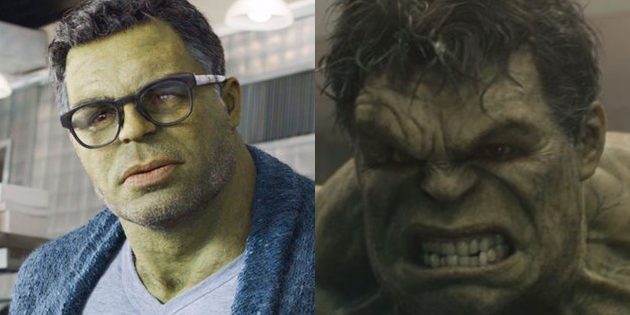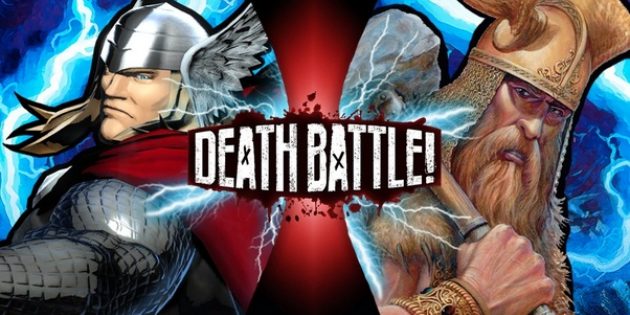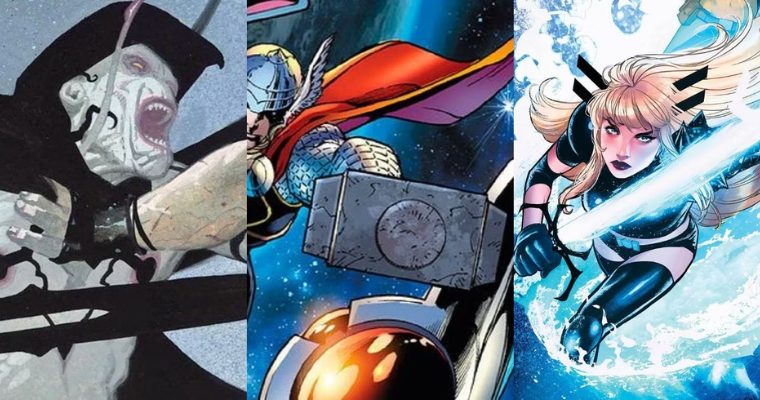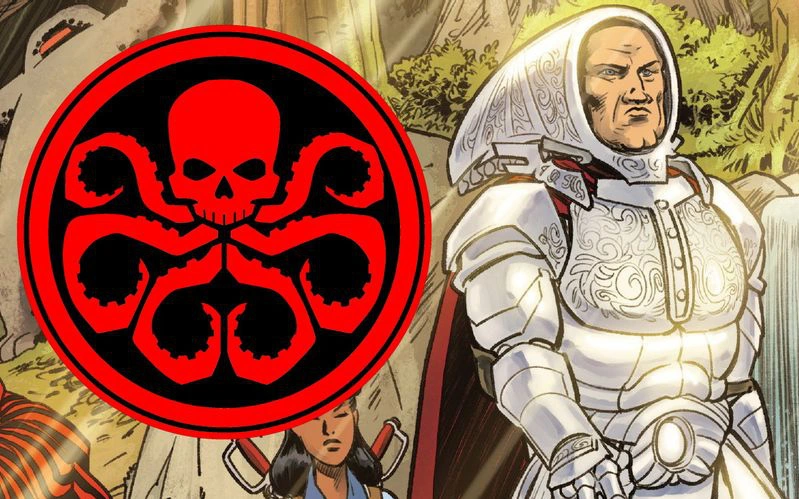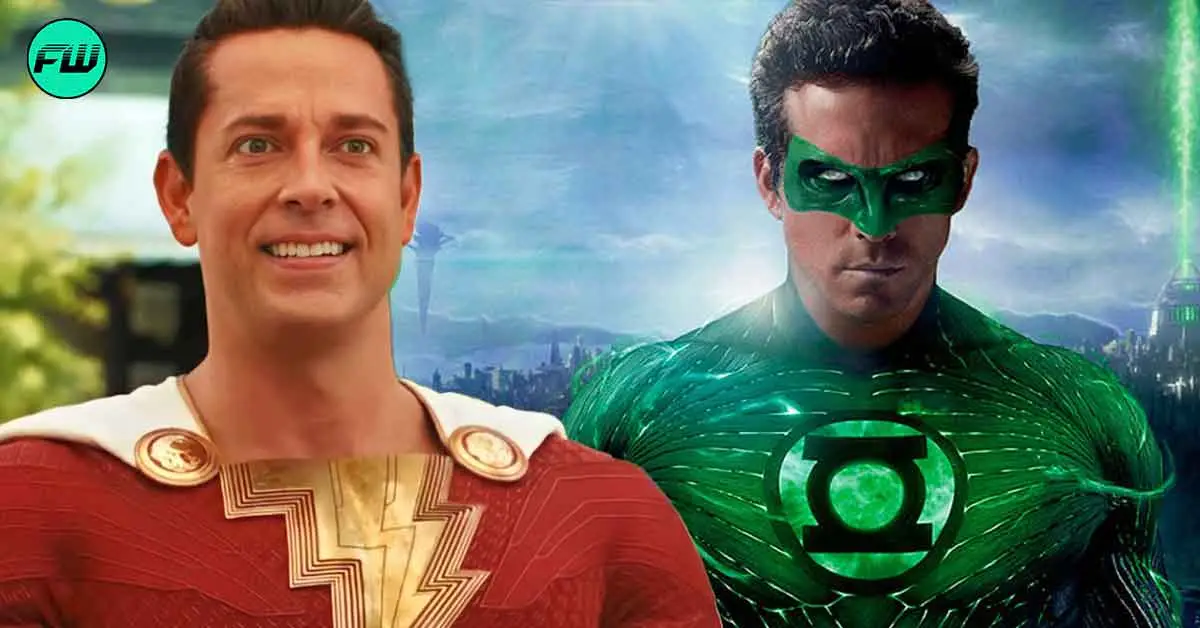Thor: The Dark World featured a villain that never reached his potential. But his sacrifice ultimately pushed Loki’s future success.
In Phase Two of the Marvel Cinematic Universe, Thor: The Dark World came as a surprise not because it was a smash hit but, instead, because while it expanded the lore, the story fell flat with many. Considered one of the weakest movies in the franchise, Thor: The Dark World also introduced one of the weakest villains, Malekith the Accursed. Compared to his comic counterpart, Malekith’s execution was sorely lacking, but the reason for it would ultimately benefit the MCU’s future.
In Thor: The Dark World, Thor, Loki and Jane Foster were sent on a cross-realm adventure to defeat Malekith, who wanted to use the power of the Reality Stone to gain the power of the Nine Realms and rule in darkness. Ultimately, the film continued Thor and Loki’s journey in learning about themselves and the true definition of their brotherly relationship. But as it was revealed in an interview with director Alan Taylor, this aspect came to the detriment of Malekith’s development, making him one of the MCU’s worst villains.
Malekith Never Got To Prove Himself
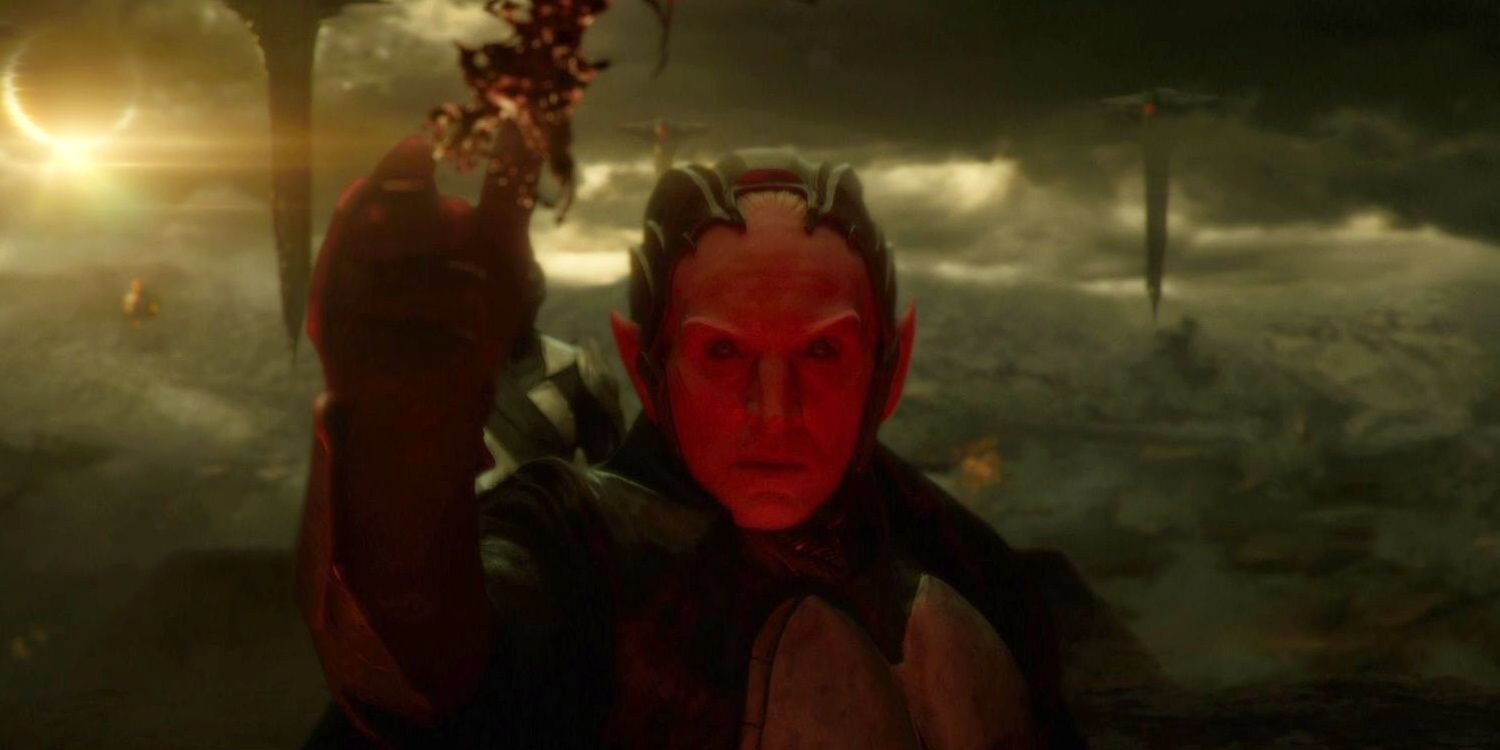
As Thor: The Dark World explains, the Dark Elves existed long before the Big Bang and were ruled by Malekith, a powerful ruler that was revered by his people. However, when the time came to spread his darkness by utilizing the Convergence event, he was stopped by King Bor and lost his chance to weaponize the Reality Stone. From that point on, Malekith laid dormant for thousands of years, awakening once the stone was rediscovered by Jane Foster. From that point, audiences saw how tactical and cold Malekith was in battle, as he had killed Frigga and laid waste to Asgard in the process.
While he was proven to be a physical threat that could take on the likes of Asgardians, much of his personality and deeper motivations were left on the cutting room floor. According to Taylor, this included his relationship with his second in command, Algrim, as well as the deeper reasons why he was so devoted to completing his mission. These scenes could’ve also explained why his army would follow him and do terrible things to so many innocents in Thor: The Dark World. Ultimately, what came of this was a villain that had the physicality to be a threat but didn’t reach his narrative potential. Sadly, the reason for this was likely due to the breakout popularity of Loki, who had just faced off against The Avengers.
RELATED:REPORT: Avengers: Secret Wars May Be Split Into Two Films
Malekith’s Sacrifice Turned Loki Into an Icon
Sadly, since Malekith’s characterization in Thor: The Dark World took a hit for the sake of a greater focus on Loki, the audience will never see what could come from the character. But in the loss of Malekith came a wealth of opportunity that surrounded Loki and his journey from villain to hero. From Phase One to Phase Four, Loki showed the many layers it took to be his character. Though he had villainous tendencies, it was brought on by a desire to belong and be appreciated. While one variant got that with Thor and died for that brotherly love, another found a higher calling in protecting all realities against Kang and his dynasty.
In the end, Loki becomes a powerhouse in the MCU that still has the potential to be an unexpected hero. But as fans retrace the history of the MCU, they would uncover the tragedy that befell the character of Malekith in Thor: The Dark World. While he was a formidable foe, it was the focus put on Loki that kept Malekith from impacting Thor’s world and the Nine Realms in a meaningful way. That said, with the Multiverse showing different possibilities, there’s still a chance a Malekith variant could appear to show why he’s a beloved ruler and truly terrifying enemy.



